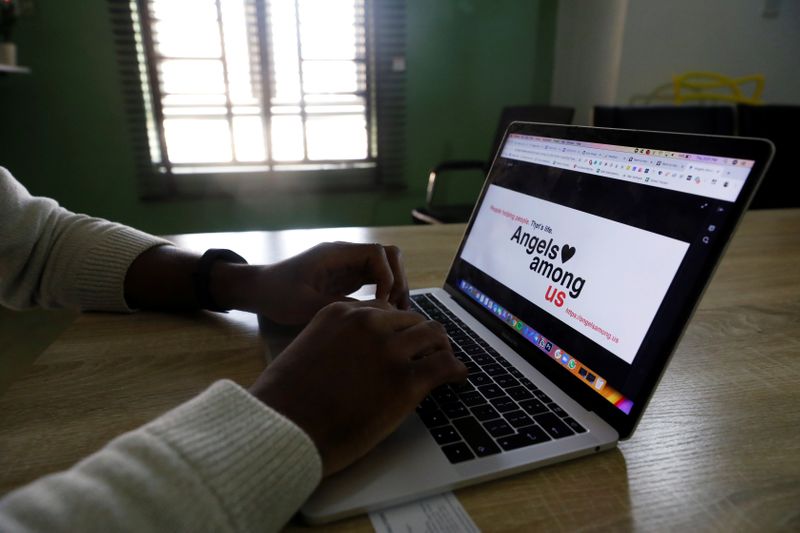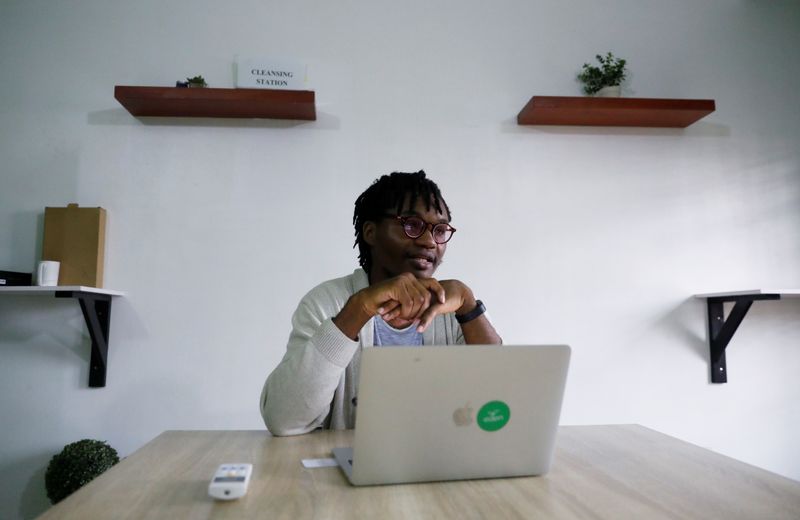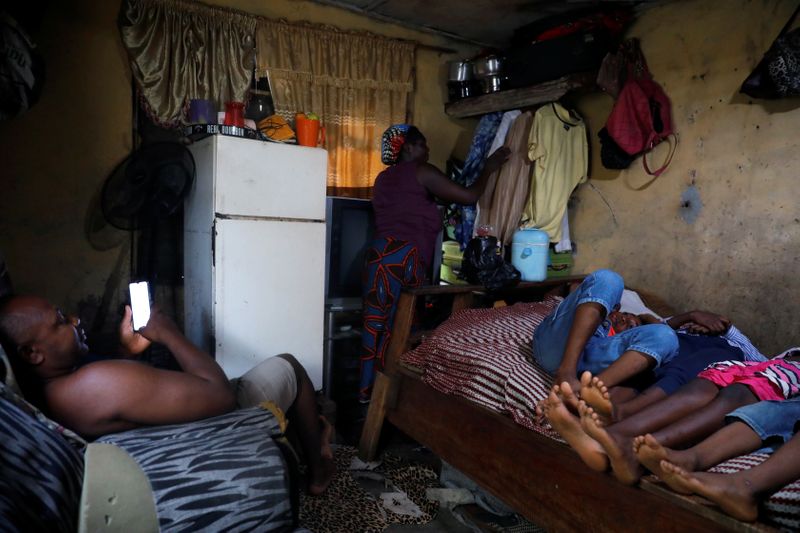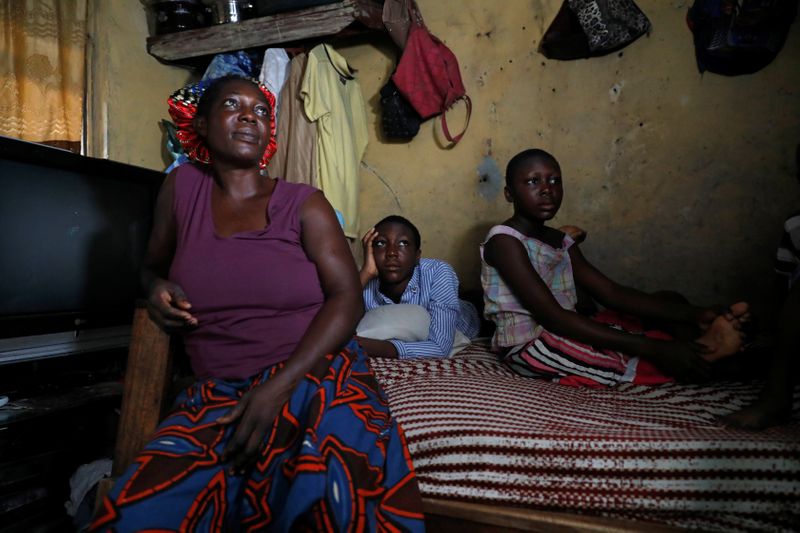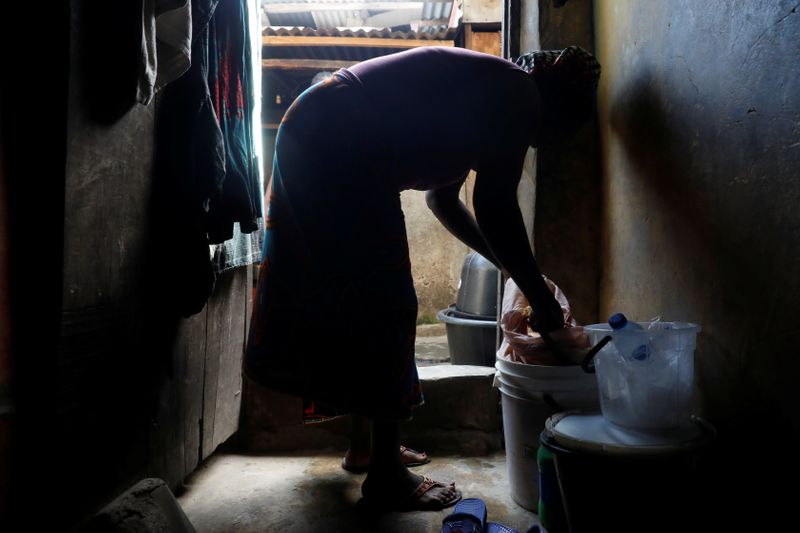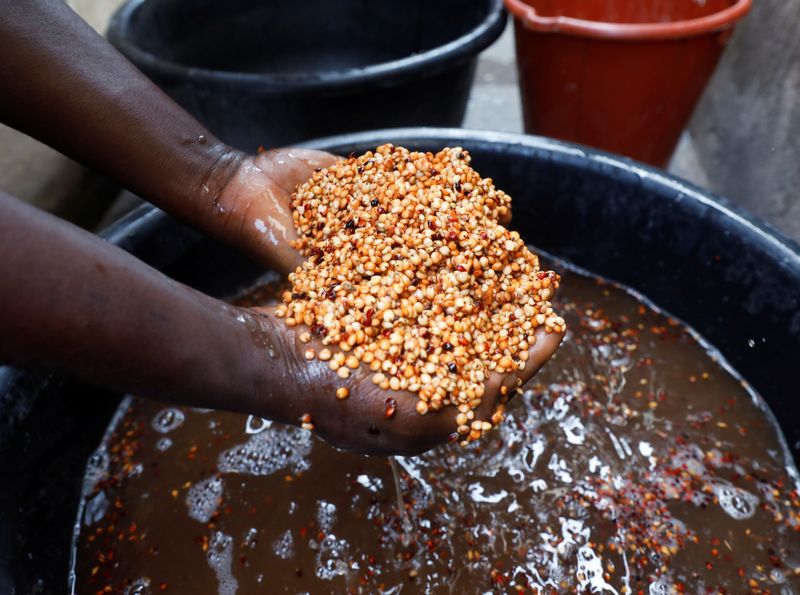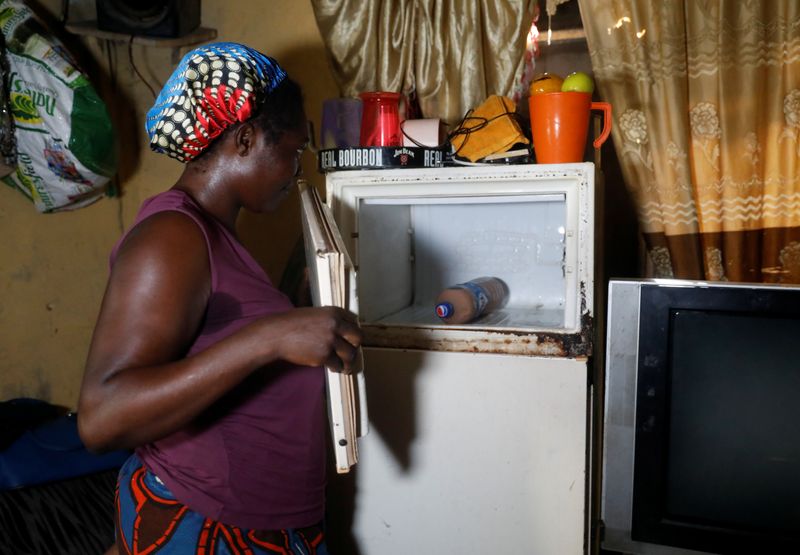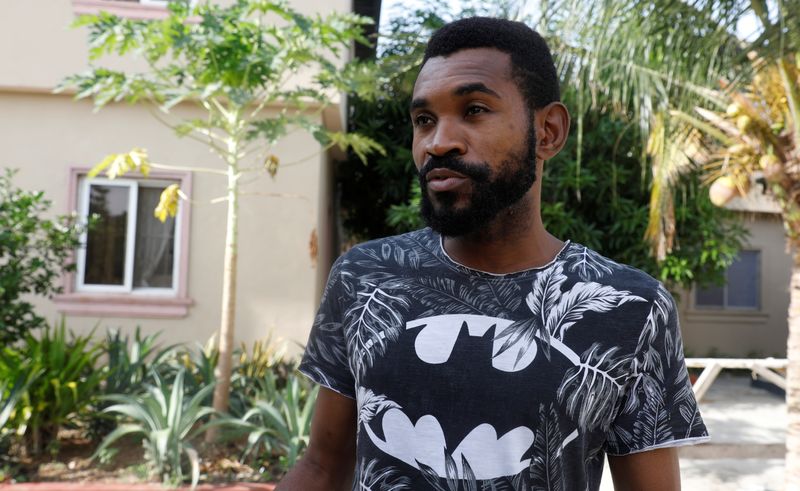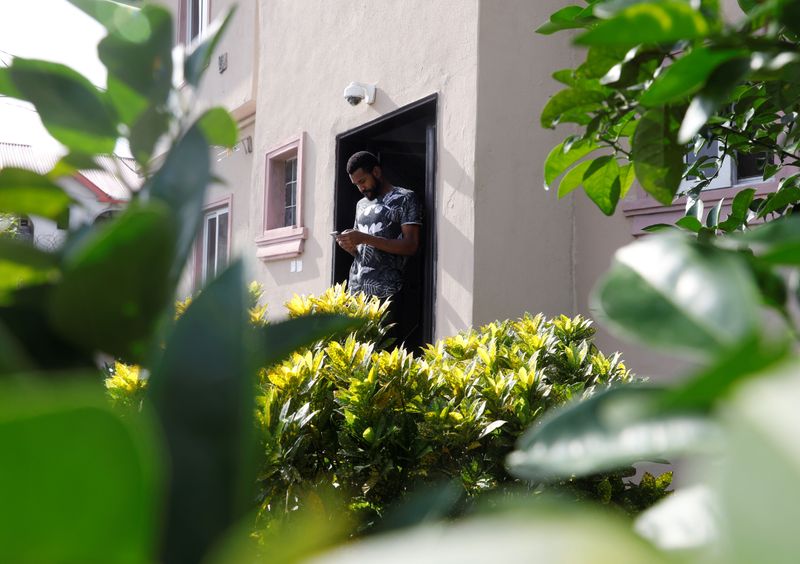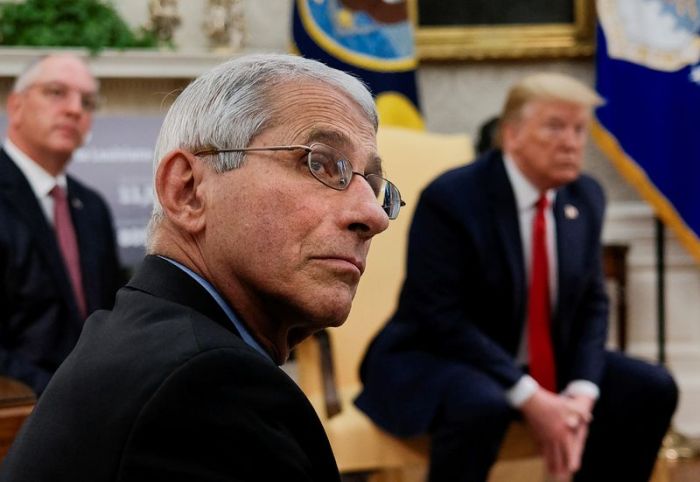LAGOS(Reuters) – Tech startup founder Ebun Okubanjo watched with dismay as his home city of Lagos entered a coronavirus-containment lockdown, knowing well that millions of Nigerians on the margins could be left with nothing.
So he and his team used their expertise to create a crowdfunding site, “We Are Together”, to distribute cash to those in difficulty who apply for help.
Others in Nigeria’s flourishing tech sector have also put their skills to use to help cushion the economic fallout of the coronavirus.
“The reality is to tell people to stay home, and not work .. you have to give them something,” Okubanjo told Reuters.
Africa’s informal sector accounts for more than 85% of employment across the continent and has been largely bypassed by limited support measures from cash-strapped governments.
An African Union study warned that the pandemic puts some 20 million jobs at risk in Africa, with the continent’s economies projected to shrink this year.
While Nigeria said the lockdowns will begin to gradually ease from May 4, it is not yet clear who will be able to go back to work, and the economic impact will be lasting.
Okubajo said his site, and others like it, are effectively a DIY economic stimulus, allowing those with cash to prevent people from falling into destitution.
Emmanuel Onyeahiolam, 30, an electrical equipment contractor, got 10,000 naira ($27.78) from We Are Together.
He said he was abruptly unable to work when Lagos locked down, and his last client was not able to pay him immediately.
“It’s not too convenient for me to stay for a long time without working,” he said, adding that food costs had gone up fivefold. “It’s just scary.”
We Are Together raised more than 17 million naira ($47,222) and distributed it to 1,739 recipients.
Justin Irabor, a tech worker with Nigerian startup Eden Life Inc, founded “Angels Among Us” with a team of volunteer software engineers. The site matches donors directly with recipients, and has enabled more than 2 million naira in donations.
Both platforms are primarily online – a fact that puts them out of reach to the poorest Nigerians.
Both sites must also to an extent take applicants at their word, although Angels Among Us tries to vet its recipients and volunteers call to verify their stories. The site tries to use bank-issued biometric identification numbers to prevent graft.
We Are Together uses location technology to ensure that recipients are in the parts of the country under federally mandated lockdown, and not in wealthy parts of those states.
Okubanjo conceded the system is not perfect – and that some who do not need cash could get it. But it is a risk worth taking.
“For now, hope is our strategy,” Okubanjo said. “The point is to avoid utter destitution – hunger, desperation and chaos.”
(Reporting By Libby George and Nneka Chile; Editing by Alexandra Hudson)

